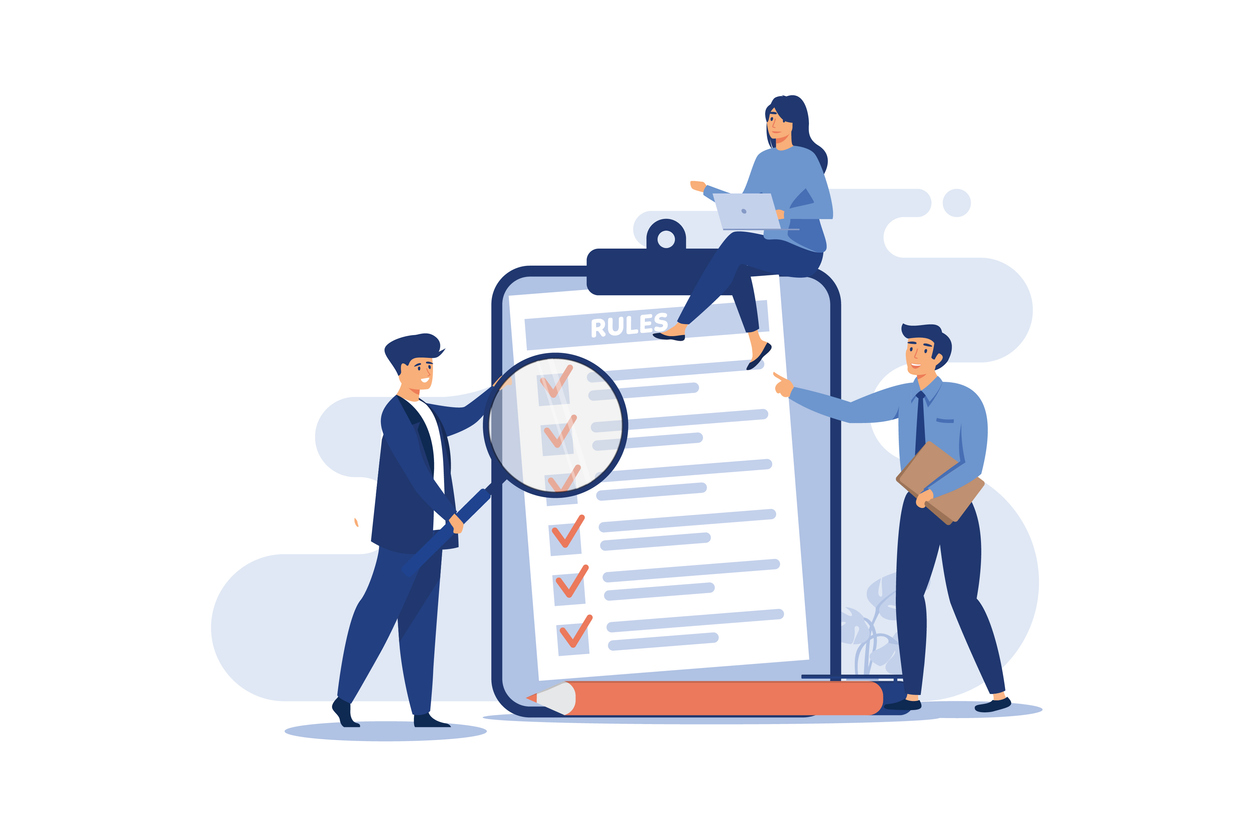Remember when some people were in a panic because the Federal Communications Commission (FCC) repealed the Obama-era internet controls called Net Neutrality. Whatever happened with that?
Here’s what happened: Nothing.
Net Neutrality is the idea that government regulations, through the FCC, should impose rules that create an equal platform among internet service providers, controlling pricing and the content of programming. That means providers would not be allowed to charge different prices based on user, content, website, platform and application.
The FCC imposed just such a rule in 2015.
Just two years later, under a new president, the FCC repealed its Net Neutrality rules. Panic ensued. Critics said the internet would cease to exist as we know it, that low-income users would only see websites one word at a time, and that fewer people would have access to the internet. The FCC did bring to light the damages the Net-Neutrality Act would bring to American citizens. Speech suppression and the overall investment and innovation of the internet would have to recover quicker than ever if the Net Neutrality Act advanced.
None of these predictions came true.
When the original debate over repealing Net Neutrality came about, people were fearful of their basic human rights as American citizens were going to be taken away.
Instead, streaming services and other internet productions are constantly adapting and producing more efficient content within an expanding modern network. With more web choices and more users than ever, the repeal of Net Neutrality has gone almost entirely unnoticed.
Turns out the Net Neutrality regulations were unnecessary and counterproductive because the internet has developed just fine in their absence. Companies like Youtube, Google, Facebook, and Twitter succeed without these regulations, along with millions of other businesses large and small.
The mega companies, smaller firms and social media expanded by using innovation and investment while preserving free speech. Most people are able to do and post whatever they want. The once-feared phrase “Net Neutrality repeal” no longer makes people feel like their rights are being taken away.
Americans have benefitted enormously from minimal government regulation. The FCC wants to keep the internet as a forum for free exchange and open dialog, and as a key support for a competitive free market. When the FCC repealed the Net Neutrality Act in 2017 things did not explode, as many opponents expected. Today, most internet users cannot tell there is any difference, and most people don’t know, or care, what the fuss was all about.


